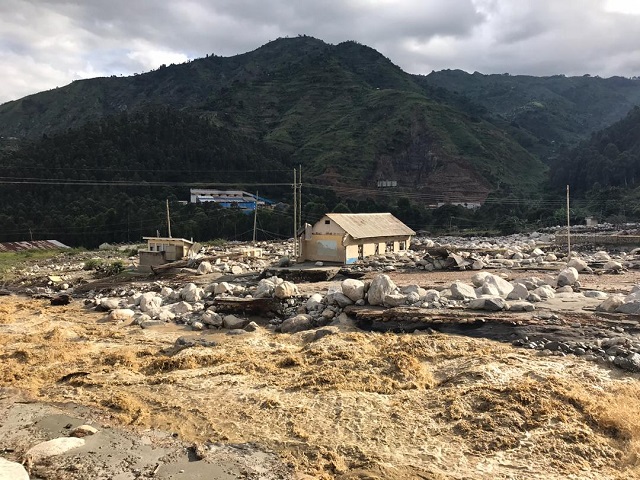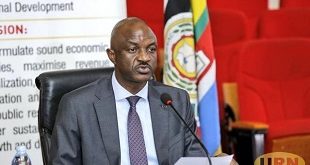
Kasese, Uganda | THE INDEPENDENT | The Natural Resources Defense Initiative-NRDI has launched phase II for restoring the upper stream of River Nyamwamba in Kasese district.
The exercise that targets the three sub-counties of Kilembe, Bulembia and Mbunga covering 21 villages involves planting trees along river banks to restore the degraded land and livelihood improvement activities to help communities around the catchment area to improve their house incomes.
The Natural Resources Defense Initiative-NRDI is implementing the upstream activities on contract with the Ministry of Water and Environment. Kipura Zalot, the project coordinator says that they have so far planted 500 trees in the first phase of the restoration project, adding that more than 300 others will be planted in this second phase.
He adds that nine community groups have been trained in soil and water conservation and 12 demonstration gardens have been set up.
Zalot adds that the next phase will focus more on supporting the community’s livelihood where farmers will be supported in the coffee value chain, apiary, energy-saving stoves, eco-tourism and stone grafting and designing businesses.
Justus Ahimbisibwe, a hydro geologist inspector and resident supervisor for the River Nyamwamba restoration project on behalf of the Ministry of Water told URN that they target to plant 500 hectares of trees along the upper stream of the river.
He however says that the project has suffered some setbacks from the community members who destroy the trees but adds that the ministry is supporting awareness campaigns.
Augustine Kooli, the Kasese District Environment officer says the intervention though they cannot stop flooding, can much help to reduce its effects. He says they anticipate heavy rains mid this month to May which again puts the major rivers in the district at the risk of flooding.
Muhindi Nzanzu, a local farmer in Kyanjuki cell in Kilembe who is benefiting from the coffee demonstration gardens told URN that there are visible lessons he has used to transform his garden. He asks for more training including farmer exchange visits so that they can be equipped more.
*****
URN
 The Independent Uganda: You get the Truth we Pay the Price
The Independent Uganda: You get the Truth we Pay the Price



